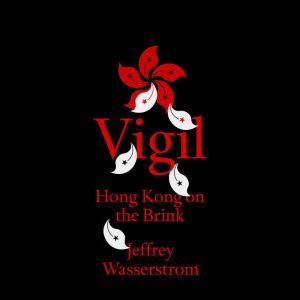

Vigil
Hong Kong on the Brink
Author: Jeffrey Wasserstrom
Series: Columbia Global Reports
Narrator: P.J. Ochlan
Unabridged: 2 hr 37 min
Format: Digital Audiobook Download
Publisher: Random House Audio
Published: 02/11/2020
Categories: Nonfiction, Political Science, World Politics
Synopsis
Vigil tells a tale of two interrelated processes. The first involves a stop and go, but never reversing, set of moves by China’s Communist Party to minimize the many things that once made Hong Kong unlike the cities neighboring it just across the border on the mainland. The result of this has been that, since the 1997 Handover from Great Britain to China, more and more of the once clear-cut contrasts between Hong Kong and nearby urban centers such as Canton and Shenzhen—differences that decades ago were as stark as those between East Berlin and West Berlin—are lessening or going away completely.
The second process involves bold efforts by residents of Hong Kong to push back against this erosion of differences. The key actors are people who are passionately committed to defending the special qualities of a city they love—a freer press, more judicial independence, a system of rule of law rather than rule by law—against moves to diminish them made by Beijing and its local proxies. The result has been one of the great David versus Goliath stories of our time, pitting creative and determined activists, joined on the streets in recent years by ever larger numbers of Hong Kong residents, against a Chinese Communist Party whose global clout keeps growing and whose current leader, Xi Jinping, has grand ambitions for bringing all parts of the People’s Republic of China under tighter forms of control.
The result is a tale of heroism but also tragedy. Even against-all-odds longshot victories—and there have been some—can only slow a process that has led, in essence, to Hong Kong’s people becoming subjects of first the great imperial power of the nineteenth century and now the most important rising imperial power of the current era.

